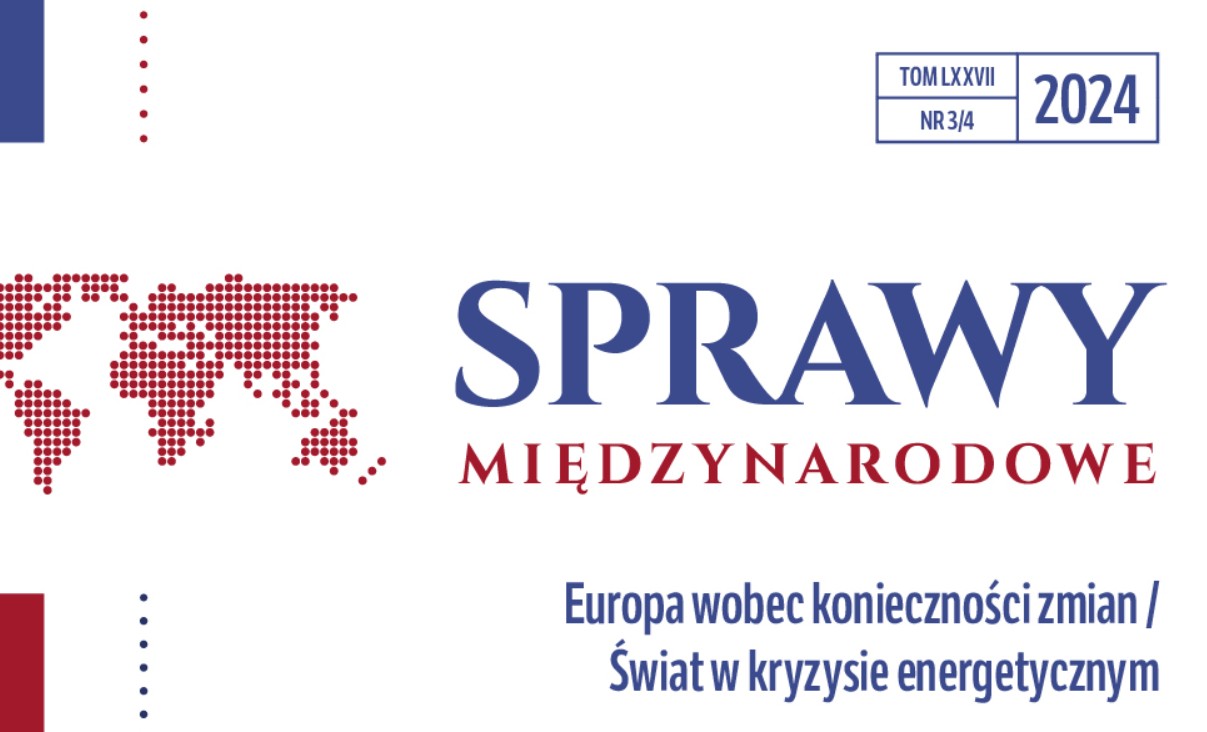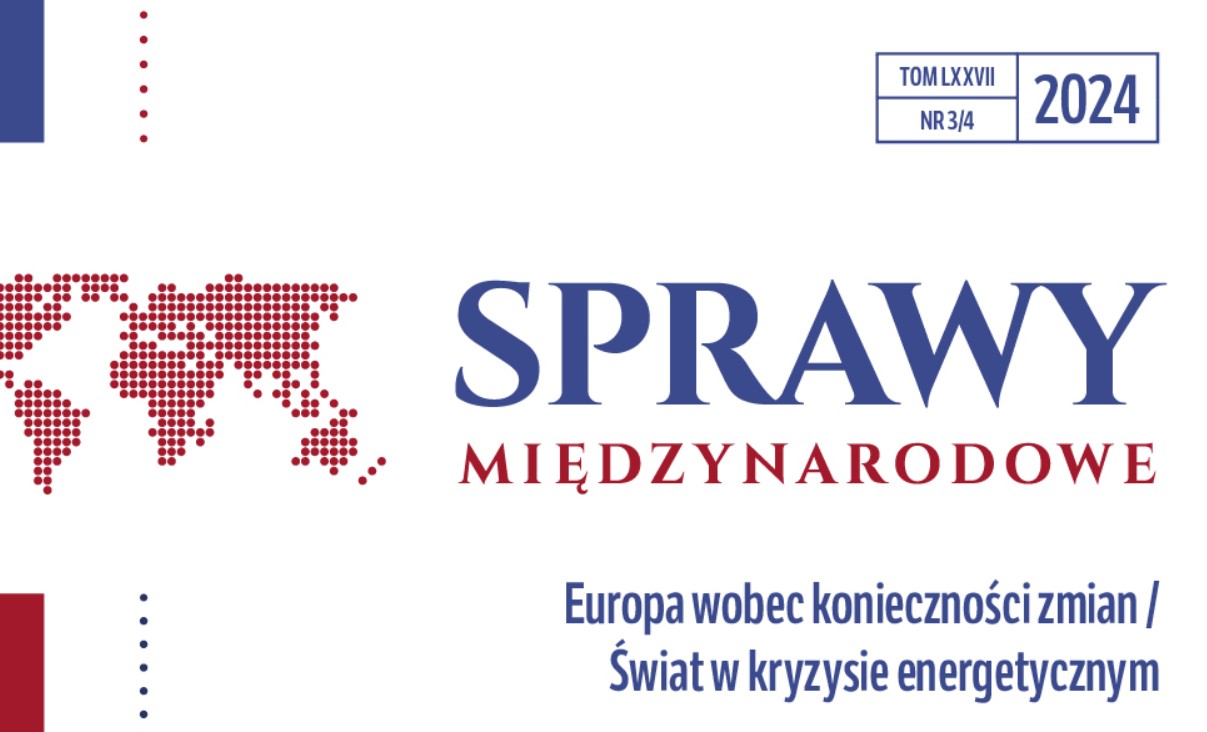The question of European Union’s enlargement and its impact on non-hard security, non-economic issues related to Kaliningrad Oblast remains scarcely addressed in academia. Most works focus on NATO, not the EU as the main factor of geopolitical dynamics in the Baltic Sea Region and parts of Central and Eastern Europe.

In my recent paper for “Sprawy Międzynarodowe”, I address the evolution that memory politics in Russia has undergone since Vladimir Putin’s comeback to presidential seat in 2012 and the so-called new conservative project. His campaign programme articles paved the way for redefining official understanding of Russianness, which particularly affected Kaliningrad Oblast with its pre-1945 past.
The subsequent years witnessed an attempt to holistically redefine the existing narratives of the past in the semi-exclave and weave them into the concept of Russia as a unique civilisational centre and the Oblast as its frontier.
The foundations of this process were laid already in the early to mid-2000s and were linked to the 2004 EU enlargement with neighbouring Poland and Lithuania joining and the emergence of EU’s redefined Neighbourhood Policy. This paper seeks to look at these events to identify linkages between enlarging the EU and redefining part of its external policies and Russian memory politics in the particular case of Kaliningrad Oblast.
